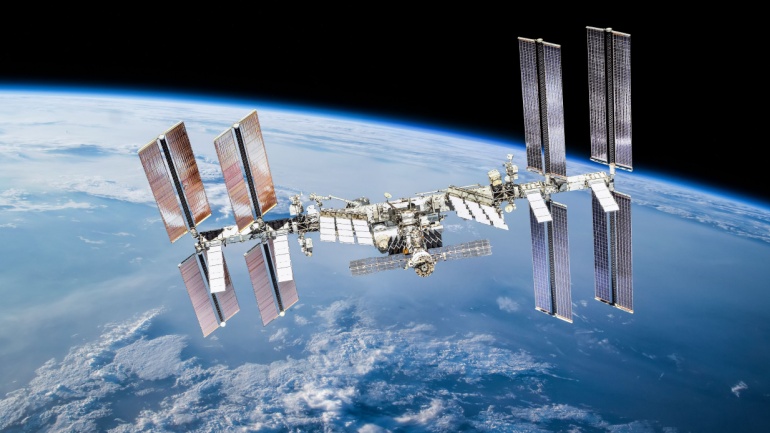The FCC approved SpaceX to replace its aging Starlink satellites with advanced second-gen models. The number of Australians using FWA for home broadband nearly doubled. Hiya’s report found nearly 20 billion spam calls globally. The UK CMA has paused its app store investigations into Apple and Google.
AST SpaceMobile is gearing up for a significant milestone with the upcoming launch of its first commercial satellites. Set for early August, the five new Bluebird satellites will enhance the company’s ability to offer non-continuous commercial VoIP services. Once deployed in low Earth orbit, these satellites will revolutionize remote mobile coverage via direct-to-device communications.
Amazon has inaugurated a new facility in Kirkland, Washington, dedicated to the production of satellites for its Project Kuiper. This project aims to establish a constellation of low Earth orbit (LEO) satellites to provide internet connectivity.
Filtronic, a UK-based manufacturer of RF, microwave, and mmWave components, projects substantial growth in both revenue and earnings for its recently concluded financial year, driven by its involvement in the low-Earth orbit (LEO) satellite market and sales to Elon Musk’s SpaceX. The company forecasts an EBITDA of £4.8 million for the year ending May, marking a notable increase from the £1.3 million recorded in fiscal 2023.
Amazon’s Project Kuiper has entered into an agreement to offer low Earth orbit (LEO) satellite services across seven Latin American countries. This distribution deal with Vrio, the parent company of DirecTV Latin America and Sky Brasil, will see high-speed Internet services provided to Argentina, Brazil, Chile, Uruguay, Peru, Ecuador, and Colombia.
T-Mobile has secured a significant $2.67 billion defense contract, positioning itself as the primary wireless solutions provider for the U.S. Navy over the next decade. This contract, known as Spiral 4, succeeds the earlier Spiral 3 agreement, which expired in May. The new arrangement allows all U.S. Department of Defense agencies to access T-Mobile’s wireless services and equipment until 2034.
In a significant development, Hong Kong residents now have access to China Telecom’s satellite direct-to-phone service, marking a pivotal step in the operator’s expansion strategy. China Telecom has long provided satellite options to mobile customers through a range of devices, including dongles, dedicated satphones, and smartphones equipped with built-in satellite antennas from manufacturers like Huawei.
Reports this week indicate that the Indian government is expected to postpone spectrum allocations for satellite broadband providers by four to six months, awaiting clarity following the ongoing general elections. The Department of Telecommunications (DoT) is reportedly holding off on final decisions until after the election results are announced on June 4.
Telecommunications operators are increasingly turning to satellite technology to expand 5G coverage, particularly in rural regions, as indicated by new data from the Global mobile Suppliers Association (GSA). However, despite a rising number of partnerships and commercial launches, the market’s growth is slower than anticipated.
Bridging the digital divide in vast and harsh terrains like the Scottish Highlands, VMO2 embarks on a novel approach, utilizing a constellation of Low Earth Orbit satellites from Starlink for critical backhaul services. Bypassing conventional, costly terrestrial infrastructure, VMO2’s tests have proven the potency of satellite technology in improving coverage across the UK.













